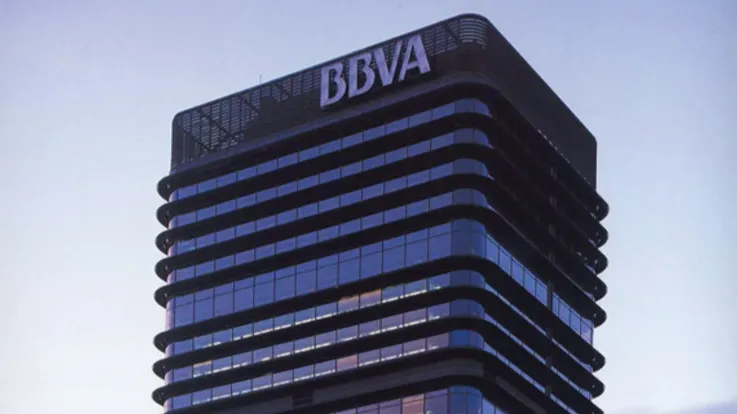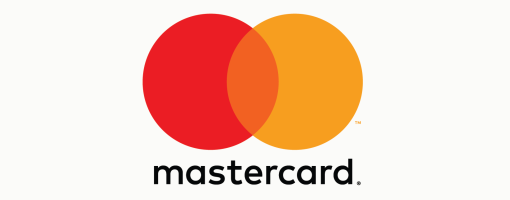Digital payments giant Visa has rolled out a new platform to help banks issue and manage fiat-backed tokens.
The platform is currently available in test mode, with Visa planning to support live programmes in 2025 when banks who have been trialling the technology – including Spanish financial institution BBVA – plan to launch it with end customers.
Fiat-backed tokens, also known as fiat-backed stablecoins, are digital assets tied to the value of a traditional fiat currency, such as the US dollar, euro or yen.
These tokens are designed to maintain a stable value from the reserves of the fiat currency they represent, held by a regulated financial institution.
Popular fiat-backed tokens include Tether (USDT), USD Coin (USDC) and TrueUSD (TUSD).
Developed by Visa’s in-house blockchain experts, the new Visa Tokenized Asset Platform (VTAP) is B2B solution designed to enable banks to bring fiat currencies onchain – whereby transactions take place on a blockchain’s main chain – through an improved and more efficient system.
The new technology is currently available for institution partners that are now able to create and experiment with their own fiat-backed tokens in a VTAP sandbox.
The sandbox allows banks to proceed with the minting and transfer of fiat-guaranteed tokens, such as tokenized deposits and stablecoins, and for the testing of use cases; banks can also automate certain processes, such as managing more sophisticated credit lines using smart contracts and using fiat-guaranteed tokens to unlock payments.
A bank can also enable its clients to use a fiat-guaranteed token to purchase tokenized commodities or tokenized treasuries with near real-time settlement on the blockchain.
BBVA said it has been working in the VTAP sandbox throughout the year, testing its core functionalities, including the issuance, transfer and redemption of a bank tokens on a tested blockchain, as well as the token's interactions with smart contracts.
It is planning to launch a pilot with selected customers in 2025 on the public Ethereum blockchain.
“This collaboration marks a significant milestone in our exploration of the potential of blockchain technology and will ultimately help enable us to broaden our banking services and expand the market with new financial solutions,” said Francisco Maroto, head of blockchain and digital assets, BBVA.
Visa, which currently helps facilitate transactions of fiat currencies across more than 200 countries and territories, said VTAP requires minimal technical implementation, with participant banks able to gain access to the platform’s full suite of facilities via APIs that aim to improve the existing financial infrastructure.
“Visa has been at the forefront of digital payments for nearly sixty years, and with the introduction of VTAP, we are once again setting the pace for the industry,” said Vanessa Colella, global head of innovation and digital partnerships at Visa. “We're excited to leverage our experience with tokenization to help banks integrate blockchain technologies into their operations.”
Latest News
-
Gemini to cut quarter of workforce and exit UK, EU and Australia as crypto slump forces retrenchment
-
Bank ABC’s mobile-only ila bank migrates to core banking platform
-
Visa launches platform to accelerate small business growth in US
-
NatWest to expand Accelerator programme to 50,000 members in 2026
-
BBVA joins European stablecoin coalition
-
eToro partners with Amundi to launch equity portfolio with exposure to ‘megatrends’
Creating value together: Strategic partnerships in the age of GCCs
As Global Capability Centres reshape the financial services landscape, one question stands out: how do leading banks balance in-house innovation with strategic partnerships to drive real transformation?
Data trust in the AI era: Building customer confidence through responsible banking
In the second episode of FStech’s three-part video podcast series sponsored by HCLTech, Sudip Lahiri, Executive Vice President & Head of Financial Services for Europe & UKI at HCLTech examines the critical relationship between data trust, transparency, and responsible AI implementation in financial services.
Banking's GenAI evolution: Beyond the hype, building the future
In the first episode of a three-part video podcast series sponsored by HCLTech, Sudip Lahiri, Executive Vice President & Head of Financial Services for Europe & UKI at HCLTech explores how financial institutions can navigate the transformative potential of Generative AI while building lasting foundations for innovation.
Beyond compliance: Building unshakeable operational resilience in financial services
In today's rapidly evolving financial landscape, operational resilience has become a critical focus for institutions worldwide. As regulatory requirements grow more complex and cyber threats, particularly ransomware, become increasingly sophisticated, financial services providers must adapt and strengthen their defences. The intersection of compliance, technology, and security presents both challenges and opportunities.
© 2019 Perspective Publishing Privacy & Cookies













Recent Stories